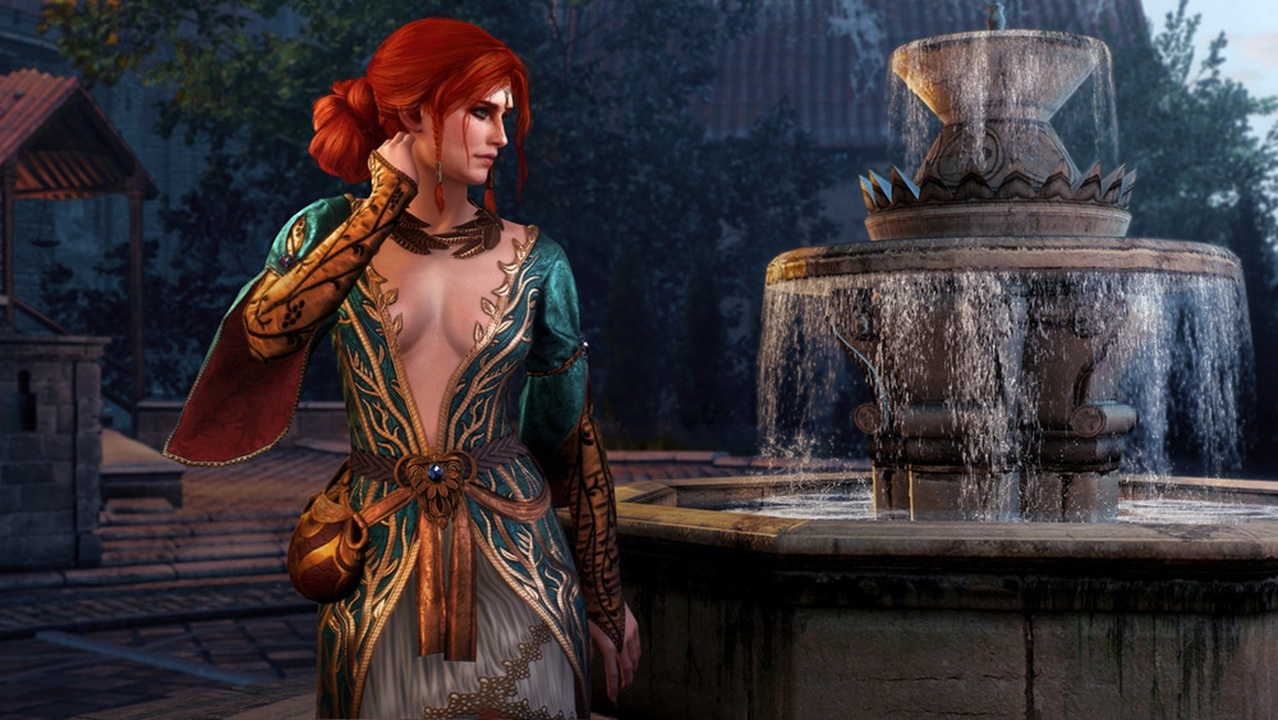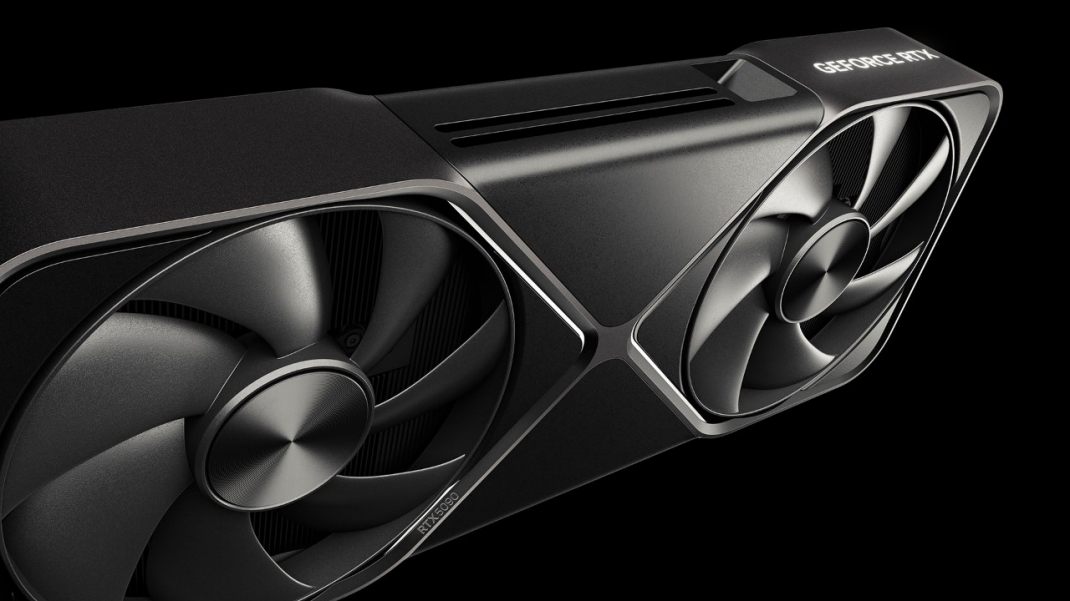Starfield is shaping up to be one of the biggest releases of 2023. While Xbox users are extremely excited about the title, the PC crowd is equally hyped for Bethesda Game Studios’ upcoming RPG.
However, AMD has recently announced an exclusive partnership with Starfield, which might prove controversial for the developers. While partnerships are common in the PC industry, AMD’s exclusivity could mean Starfield skips out on Nvidia DLSS.
Director Todd Howard states:
“Working with AMD to make it look great and run great has been really special.”
He added that Bethesda developers are currently working on image processing and FSR 2.0 upscaling, making the game look incredible.
While this is great for AMD hardware owners, deals like these have historically left out features from other companies. This means that Starfield is unlikely to include DLSS and XeSS.
It is also not a secret that DLSS 2.0 is much better and more polished than AMD’s FSR. Recently, AMD has received criticism after many of its sponsored games were limited to FSR.
This \means that Starfield is unlikely to use DLSS 3 frame generation. Furthermore, the developers are also mainly focusing on using the capabilities of the latest Ryzen processors.
While the Ryzen 7000 chips are the fastest processors on the market, they are not owned by everyone. A large part of the PC market still uses Intel or last-generation Ryzen CPUs from AMD.
Practices like these have been popular for some time, with recent victims being users that own Nvidia hardware. Surprisingly, the trailer does not mention anything about ray tracing for Starfield.
This could be because of the limited ray-tracing capabilities of AMD’s RDNA2 and RDNA3 graphics cards. While these products offer acceptable ray-tracing performance, they are much worse than Nvidia’s offerings.
Thank you! Please share your positive feedback. 🔋
How could we improve this post? Please Help us. 😔
[News Reporter]
Malik Usman is student of Computer Science focused on using his knowledge to produce detailed and informative articles covering the latest findings from the tech industry. His expertise allows him to cover subjects like processors, graphics cards, and more. In addition to the latest hardware, Malik can be found writing about the gaming industry from time to time. He is fond of games like God of War, and his work has been mentioned on websites like Whatculture, VG247, IGN, and Eurogamer.




